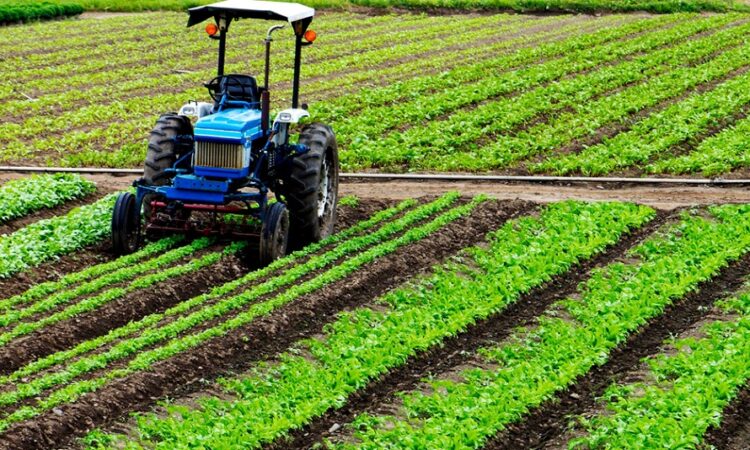
The world of agriculture is continually evolving, and as our understanding of the earth and its natural resources grows, so does our ability to harness them for sustainable farming practices. In this article, we will delve into the interconnectedness of chemistry and agriculture, touching upon how chemistry contributes to the nutritional value and overall benefits of the crops we grow.
The Science Behind Plant Growth
One way chemical manufacturing companies play a role in agriculture is through the production of fertilizers. These fertilizers contain essential nutrients required for plant growth, such as nitrogen, phosphorus, and potassium. Using fertilizers effectively enhances the soil’s nutrient content and encourages improved crop yield and quality. In turn, this contributes to the enhanced nutritional value of the crops, ensuring that we reap a harvest rich in vitamins and minerals.
Pesticides – Protecting Our Crops
Chemical pesticides are another aspect of the role of chemistry in agriculture. These substances help fend off pests that can cause significant damage to valuable crops. Although some pesticides can have detrimental effects on the environment and human health, advancements in chemistry have led to the development of targeted methods and eco-friendlier options. This positive shift allows us to safeguard our crops while minimizing harm to the ecosystem around them.
Another Layer: Formulation Types in Agriculture
Formulations range in type according to their purpose and mode of action. Farmers and agrochemical companies must be cognizant of the different formulation types and their applications in agriculture, from the makeup of the formulations themselves to their compatibility with various crops and environments. The chemistry behind each formulation type carefully balances efficacy, safety, and environmental impact in strategically addressing specific farming challenges.
Breeding for Resistance and Improved Crop Varieties
As our understanding of agricultural chemistry expands, so does our ability to breed crops selectively for enhanced traits. Through genetic and chemical crop modification, scientists can focus on developing crop varieties resistant to diseases, pests, or harsh growing conditions. This resistant breeding can mitigate crop loss and improve farmers’ capacity to grow crops successfully, even in less hospitable climates.
Chemistry and Resource Management
Agricultural chemistry plays a crucial role in the management of resources like water and soil. By optimizing the use of chemicals and fertilizers, farmers can ensure that irrigation systems, soil ecosystems, and crop health are effectively managed. This balanced use of resources can lead to more environmentally sound farming practices and contribute to long-term sustainability.
To Sum Up
Chemistry has played a transformative role in agriculture by enabling us to grow healthier crops and establish more sustainable farming methods. From the use of fertilizers and pesticides to the development of advanced crop varieties and resource management, chemistry remains an integral part of modern agriculture. Chemical manufacturing companies help promote improved crop yields and reduced environmental impact; the study and application of agricultural chemistry ensure that the world of farming remains innovative and sustainable for generations to come.
